Renting in DC: The Insider's Guide to Surviving and Thriving in the Capital's Housing Market
Washington, DC's rental market is as complex and layered as the city itself—a intricate dance of policy, personal stories, and urban evolution. Beyond the marble monuments and political headlines, there's a vibrant, challenging world of housing that every resident must navigate.
The Human Story Behind the Application
Sarah arrived in DC with nothing but a dream and a carefully packed suitcase. Like many newcomers, she quickly discovered that finding an apartment in the District is more than just selecting four walls and a roof—it's an intricate negotiation between personal history and local regulations.
Her first shock came with the application process. In a city where transparency is supposedly a political virtue, the rental market offered its own version of checks and balances. DC law mandates that landlords can charge no more than $50 for an application fee—a small but significant protection for renters operating on tight budgets. Even more critically, if an application isn't processed within 14 days, the fee must be refunded.
But the real complexity lies beneath these surface-level protections. Landlords must now provide explicit screening criteria, transforming what was once an opaque process into a more predictable journey. Credit scores, once a make-or-break factor, are now just one thread in a broader tapestry of financial assessment.
Beyond the Numbers: A Holistic View of Tenant Potential
The District has pioneered a remarkably nuanced approach to tenant evaluation. Gone are the days when a single missed payment or a less-than-perfect credit score could permanently shut you out of housing.
Consider income requirements. While many cities rigidly demand three times the monthly rent, DC recognizes the diverse economic realities of its residents. For those using housing vouchers or subsidies, the calculation becomes proportional. A $1,500 apartment with $1,000 covered by a voucher means a tenant only needs to demonstrate income against the remaining $500—a small but meaningful difference that can open doors for many.
Redemption and Second Chances
Perhaps most revolutionary is how DC approaches a tenant's past. Eviction records and criminal backgrounds are no longer automatic disqualifiers but contextual considerations. A court-ordered eviction is only relevant if it occurred within the past three years. Criminal background checks can only happen after a conditional offer and focus on serious offenses from the past seven years.
This approach recognizes a fundamental truth: people's lives are not defined by their worst moments. It's a policy of hope, acknowledging that circumstances change and individuals deserve opportunities for stability.
The Shield of Anti-Discrimination
Underlying all these protections is the DC Human Rights Act—a powerful legislative shield that goes far beyond typical fair housing laws. Discrimination based on race, religion, national origin, sexual orientation, gender identity, family status, disability, or income source is not just discouraged—it's legally prohibited.
Practical Wisdom for the DC Renter
Navigate this landscape not as a passive recipient of policies, but as an informed participant. Document every interaction. Understand that knowledge is your most powerful negotiation tool. Each application, each lease negotiation is a dialogue—not just about a living space, but about your right to call this vibrant city home.
The rental market in DC is more than a transaction. It's a reflection of the city's progressive spirit, its commitment to fairness, and its recognition that housing is not a privilege, but a fundamental right.
A Note of Caution: While this guide offers comprehensive insights, the legal landscape is always evolving. Always consult current local regulations and consider seeking professional legal advice for specific situations.
Powered by DoorLoop
We use cookies to improve your experience on our website – things like faster page loads and personalized recommendations. To learn more and manage your settings, visit our Privacy Page.





